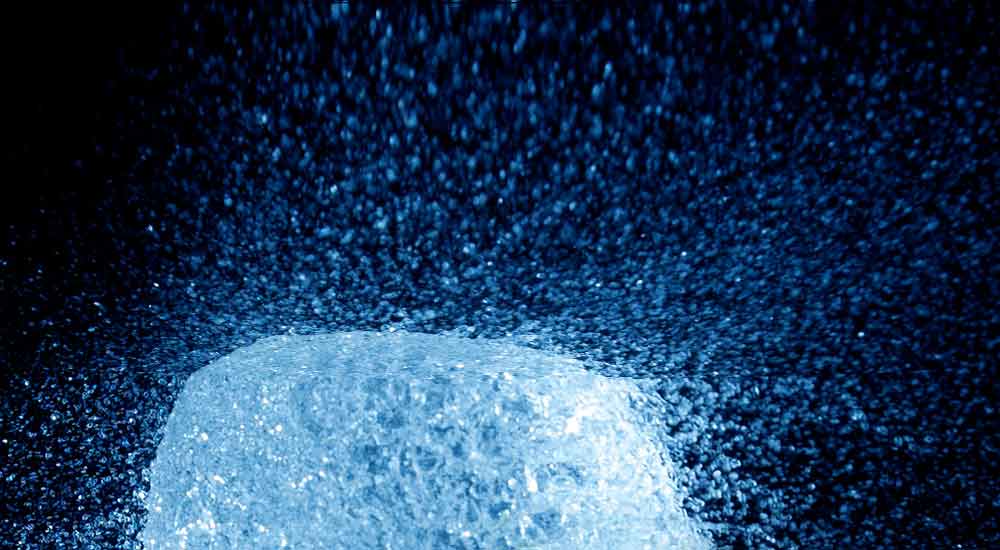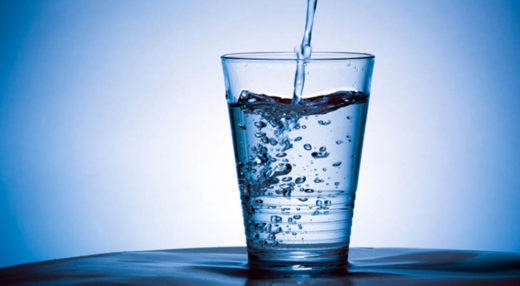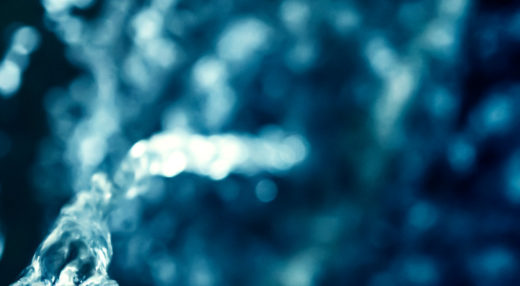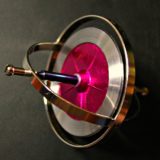Can Water Explode?

I hope you remember the article where we tried to figure out what would happen if we expose water to vacuum. While pondering upon the awesomeness of the vacuum, I remember discussing a fun experiment about superheating the water and exploding it with some sugar. We are going to explore how superheated water explode. Remember! Never do any experiments without any safety precautions.
Superheating the water
This method is fairly simple and well known to everyone who owns a microwave oven. All you need is a smooth container filled with pure water, a microwave oven and a few ounces of sugar (or anything) to do it. If you boil the water above the boiling point, it will not boil. This is because the pure water is homogenous and it has no impurities or minerals to act as a nucleation agent to create a nucleation site. This is it! You have superheated the water successfully. Now, read carefully if you don’t want to end up scathing your skin. Do not do this, without any safety gloves and aprons. Gently take the superheated water and with proper safety measures, add anything into it or just shake it.
The water explodes with bubbles. This vigorous eruption is simply the vapor pressure rushing the vapor out. The water boils. Indeed, this could be done in any homogenous liquids.
While the case for superheating the water involves using pure water, it’s not always the same in microwaves. As microwave ovens heat the water at the molecular level by adding energy to it, any water might superheat itself, if nucleation sites are absent. This occurs mostly when a smooth container is used. Using a rough container with scratches can greatly eliminate these tiny kitchen explosions, as the scratches are good enough to act as a nucleation site to initiate the boiling. A spoon with some extruded edge would make a good overkill to elevate the safety margin.
The scope of the article is to help you explore the chemistry involved in superheated water explosions. We will however cover a few more waterish explosions to add a bit more cool info, so that I could complete my imaginary circle.
What other liquids explode?
By this time, you would have already thought about the infamous Soda and Mentos experiments. Well, they do explode, and they are more or less analogous to the superheated explosion. The only difference is that the carbon dioxide molecules are the ones that wants to rush out. When there is a nucleation site to form up bubbles, the gas comes out spewing soda all over. Mentos or any other candies, or nuts, bolts can be used to create this. When you put something hard enough inside the bottle, it becomes the nucleation site and the carbon dioxide bubbles form and escape out along with the soda.
Exploding hydrogen
A water molecule has both hydrogen and oxygen. So, does it explode? Yes, it does, but not as water. Hydrogen and oxygen exist as one compound (water) peacefully without any energy to give off. They are already burnt. But when you break their bonds and extract the hydrogen and oxygen from the water via electrolysis, you can burn the hydrogen in any cinematic way you want.
Though the last two explosions are some pedantic explanations about the water chemistry, the straightforward answer to our initial question would be the superheating phenomenon. So if you have a microwave, go experiment it with your safety gloves, aprons and face masks.










